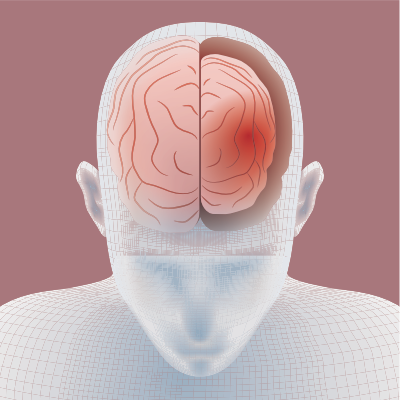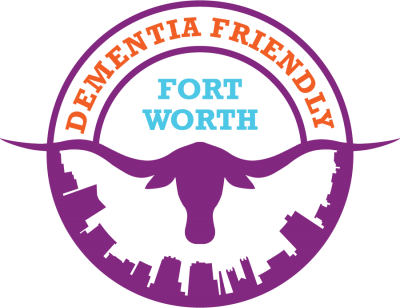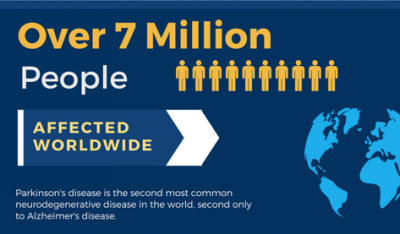Are we Confusing Life Enrichment with Activities in Dementia Care?
What exactly is the meaning of Life Enrichment?
Posts about:

What exactly is the meaning of Life Enrichment?

Although Frontotemporal Dementia (FTD) is largely misunderstood, it is the most common form of dementia for people under age 60.

No longer is dementia a looming public health threat. It is a global crisis affecting healthcare systems, delivery of long-term care, worker shortages, community infrastructure, families and most importantly, the quality of life for persons living with dementia.

I'm honored to be part of the exciting Dementia Friendly Fort Worth initiative. Not only are we the first major city in Texas to undertake this effort, but one of the largest cities in the United States. We are part of Dementia Friendly America (DFA), which is a multi-sector collaborative on a mission to foster "dementia friendly" communities across the nation.

I recently attended a conference and listened to a geriatrician share that the average number of medications her patients are on when they come to her practice is a shocking 18 - 24. That's per DAY! No doubt we have a serious epidemic in this country - our seniors are drowning in drugs.

As a geriatric nurse, I rather frequently see the effects of age and disease on the body. Of course, different diseases manifest in different ways, and while some of those signs and symptoms may mirror those of old age, others may not. As a result, it is important that I, and other geriatric nurses like me, recognize how Parkinson’s disease might affect a patient under our care so that we can better care for them and meet their needs.

It's no secret that families tend to shy away from the topics of money and death more often than not. The fact, however, is that caregiving decisions often revolve around money, as care options will vary greatly depending on one's assets. So money plays a very important role in the choices that are made and discussions that take place between family members.